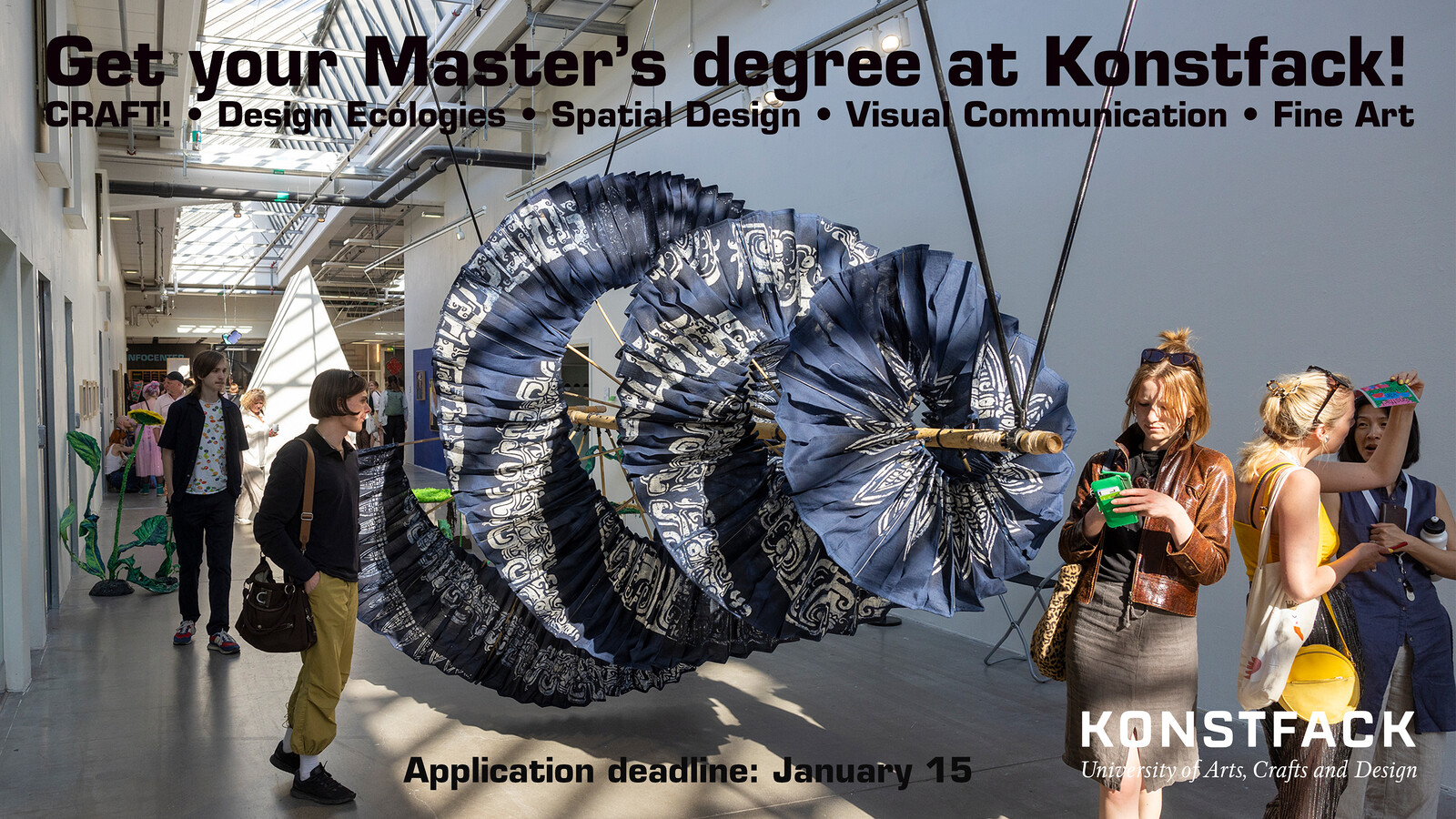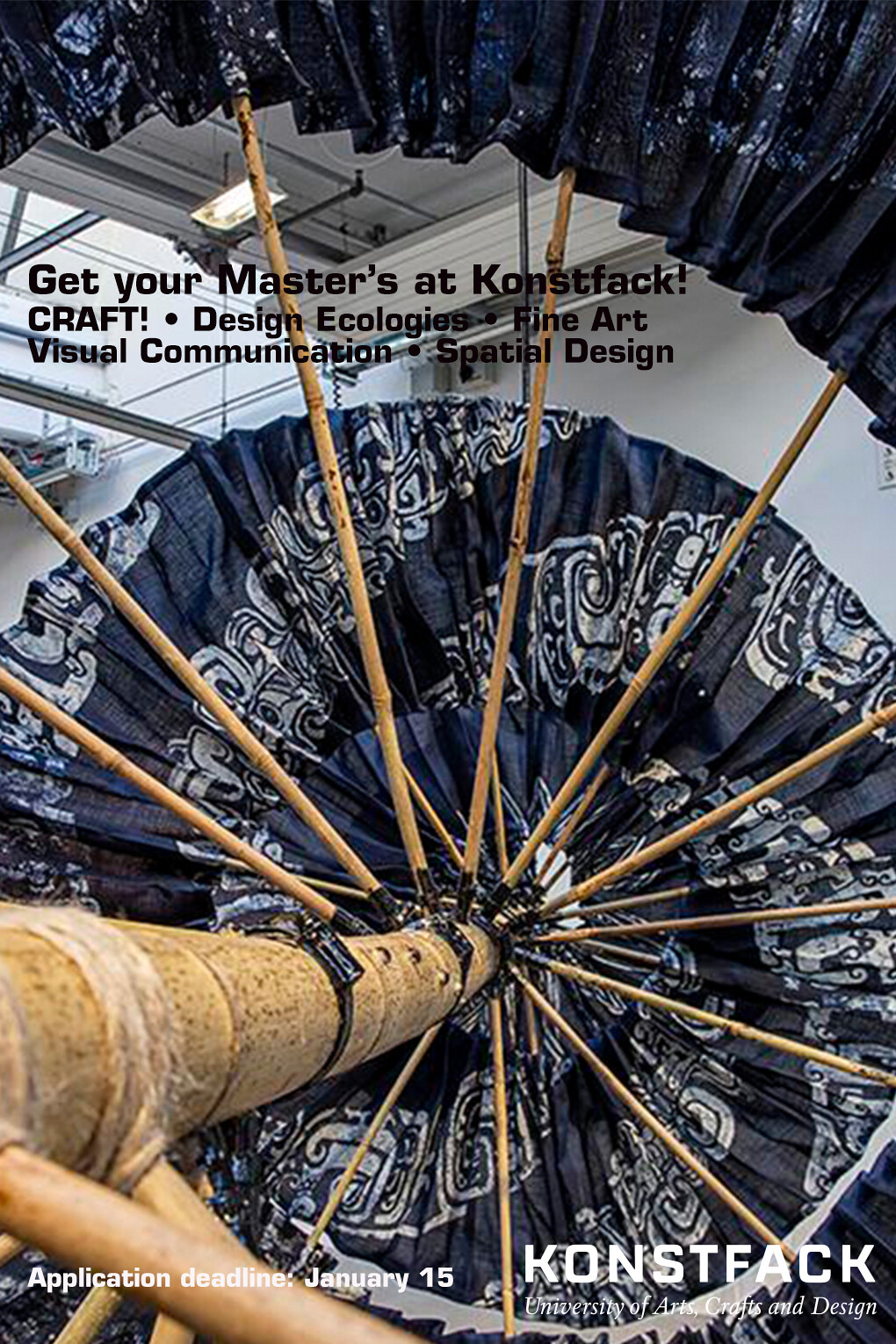September 1–October 3, 2017
John-Foster-Dulles-Allee 10
10557 Berlin
Germany
T +49 30 397870
F +49 30 3948679
info@hkw.de
HKW is pleased to present three new exhibitions on Russian Cosmism: a film trilogy by Anton Vidokle, an exhibition of Russian avant-garde curated by Boris Groys, and a new installation by Arseny Zhilyaev. Please join us at the opening reception on August 31 at 7pm.
Immortality for All! A Film Trilogy on Russian Cosmism
Today the Russian philosophy known as Cosmism has been largely forgotten. Its utopian tenets—combining Western Enlightenment and Eastern philosophy, Russian Orthodox traditions and Marxism—inspired many key Soviet thinkers until they fell victim to Stalinist repression. In this three-part film project, artist Anton Vidokle probes cosmism’s influence on the 20th century and suggests its relevance to the present day. Combining essay, documentary, and performance, Vidokle quotes from the writings of cosmism’s founder Nikolai Fedorov and other philosophers and poets. His wandering camera searches for traces of Cosmist influence in the remains of Soviet-era art, architecture, and engineering, moving from the steppes of Kazakhstan to the museums of Moscow. Music by John Cale and Éliane Radigue accompanies these haunting images, conjuring up the yearning, for connectedness, social equality, material transformation, and immortality, at the heart of Cosmist thought.
Cosmic Imagination: Artists of the Russian Avant-Garde
Curated by Boris Groys
The artists of the Russian avant-garde saw themselves as prophets of a New Age in the history of mankind—the Age of Cosmic Mankind, when humans would leave the Earth and conquer cosmic space. The very first manifestation of the Russian avant-garde was seen in the opera Victory over the Sun, which was staged in Saint Petersburg in 1913. The scenography was by Kazimir Malevich. It was the first time Malevich’s famous Black Square appeared—as a symbol of dark cosmic space, which revealed itself after the Sun of traditional culture met its demise and was imprisoned. Throughout his artistic career Malevich dreamed of the possibility of cosmic flight, artificial cities beyond gravity, and the ability to travel through the black infinity of cosmic space. The influence of Malevich’s Black Square can also be seen in the works of a later generation of Russian avant-garde artists who are presented in this exhibition. These works anticipate the unstable, porous characte of the dividing line between abstraction and figuration in the Russian avant-garde of the post-Revolutionary period. Abstract art was not understood as opposing “reality,” rather, it functioned as a project or announcement of a new, as yet unknown, but coming reality. Following Malevich, the generation of Russian artists used this ambivalence productively by navigating the border between abstraction and science fiction.
With works selected from the Greek State Museum of Contemporary Art - Costakis Collection, Thessaloniki, by: Vassily Chekrygin, Ksenia Ender, Maria Ender, Ivan Kliun, Gustav Klutsis, Ivan Kudriashev, Solomon Nikritin, Kliment Redko, Aleksandr Rodchenko, Olga Rozanova & Aleksei Kruchenykh
Intergalactic Mobile Fedorov Museum-Library, Berlin, 2017
Arseny Zhilyaev’s installation uses an imaginary institution as a framework for creative expression. The artist pays homage to Nikolai Fedorov’s notion that the library should be considered a research platform connecting the museum with the scientific laboratory in a single goal: material resurrection. In his late 19th century essay “The Author’s Debt and the Bylaws of the Museum-Library,” Fedorov wrote: “If a repository may be compared to a grave, then reading, or more precisely research, is a kind of exhumation, while an exhibition is, as it were, a resurrection.” In constructing a library named after Fedorov, Zhilyaev reflects on the roles of artists, curators, and spectators in relation to the production of knowledge and the production of life.
The conference
The conference, curated by Boris Groys, focuses on the key concepts, continuities, and impact of Russian Cosmism: from Nikolai Fedorov’s philosophy of the Common Task—the prime stimulus for the rise of Russian Cosmism—to the significance of Cosmist ideas for the philosophy, literature, and art of the Soviet era; from authors and artists of the Russian avant-garde who envisioned modern technology as the pathway to a society of universal happiness, to contemporary artistic positions indebted to Cosmism and Universalism.
With Boris Groys and Robert Bird, Angeliki Charistou, Maria Chehonadskih, Svetlana Cheloukhina, Keti Chukhrov, Anastasia Gacheva, Michael Hagemeister, Trevor Paglen, Alexei Penzin, Marina Simakova, Hito Steyerl, Anton Vidokle, and Arseny Zhilyaev
Free admission, registration appreciated: cosmism [at] hkw.de
Registration / Facebook
Full program: www.hkw.de/cosmism
Art Without Death: Russian Cosmism is part of 100 Years of Now. 100 Years of Now is supported by the Federal Government Commissioner for Culture and the Media due to a ruling of the German Bundestag. Haus der Kulturen der Welt is supported by the Federal Government Commissioner for Culture and the Media as well as by the Federal Foreign Office.
Press contact:
Anne Maier, Haus der Kulturen der Welt
anne.maier [at] hkw.de / T +49(0)30 39787 153


